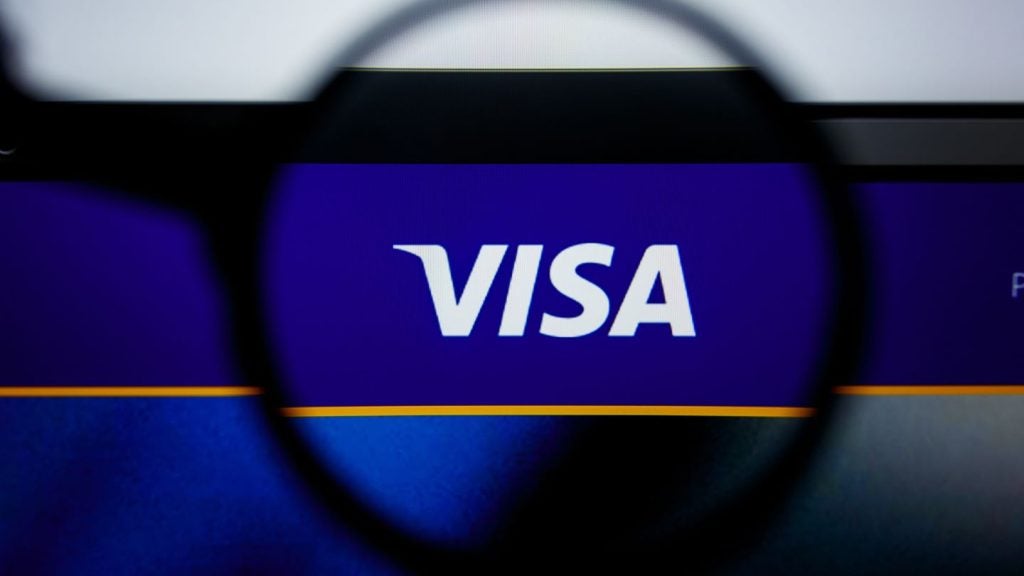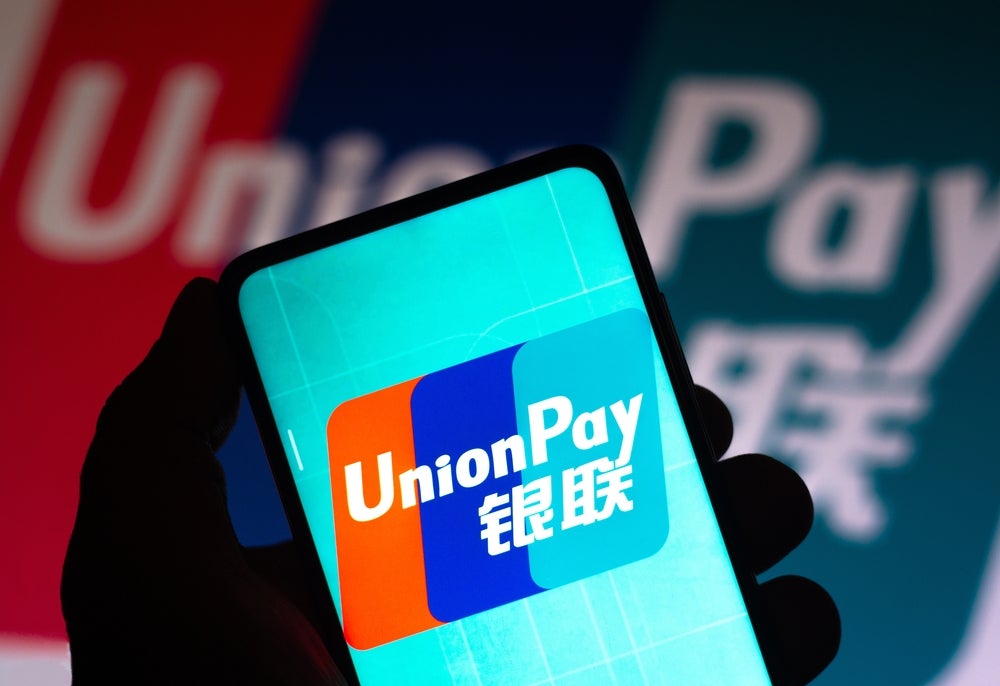Negotiation via the mail remains the order of the day in Euronet
Worldwide’s bid to acquire US money transfer specialist MoneyGram
International.
The saga began in early November 2007 when the global ATM
operator and payment transaction company’s chairman and CEO Michael
Brown corresponded with his counterpart at MoneyGram, Philip Milne,
proposing “a business combination.”
Milne’s reply was curt: “The board has asked me to inform you
that MoneyGram is not for sale and, accordingly, there is no reason
for us to meet to discuss your letters.”
Euronet’s next move was on 4 December when it presented
MoneyGram’s board with a letter setting out an offer, details of
which were released on13 December. The share-based offer was then
worth $1.65 billion, a 40 percent premium to MoneyGram’s share
price at the time.
Euronet’s offer came against the background of MoneyGram’s
third-quarter 2007 results that revealed that its investment
portfolio, worth $5.3 billion as at 30 September, included a net
unrealised loss of $289.4 million. Most of the loss related to
exposure to subprime residential mortgage-backed debt and
collateralised debt obligations. Following release of results
rating agencies Fitch and Moody’s cut MoneyGram’s credit rating to
non-investment grade.
Adding to MoneyGram’s woes, operating income of its Payments
Systems unit in the first nine months of 2007 was $26 million, 23
percent down compared with the same period in 2006. The unit, which
provides services such as official cheque outsourcing and money
orders, generated 22 percent of MoneyGram’s operating profit in
2006. Investment bank JP Morgan Chase is to undertake a strategic
review of the unit.
How well do you really know your competitors?
Access the most comprehensive Company Profiles on the market, powered by GlobalData. Save hours of research. Gain competitive edge.

Thank you!
Your download email will arrive shortly
Not ready to buy yet? Download a free sample
We are confident about the unique quality of our Company Profiles. However, we want you to make the most beneficial decision for your business, so we offer a free sample that you can download by submitting the below form
By GlobalDataResponding to Euronet’s offer, MoneyGram’s board indicated that
it would discuss the proposal, subject to a mutual confidentiality
and two-year standstill agreement. Euronet views these requirements
as an attempt by MoneyGram to thwart its acquisitive objective.
In another letter to Milne (26 December) Brown noted that the
standstill agreement “would have prevented us from pursuing our
offer, discussing it with MoneyGram shareholders, or running an
alternative slate of directors”.
Following what Brown termed Money-Gram’s “complete refusal” to
engage in discussions, Euronet conveyed its proposal directly to
MoneyGram’s shareholders. “Specifically, we believe this
transaction would deliver substantial immediate and long-term value
for the shareholders of both companies,” wrote Brown. Benefits he
noted include creation of “a powerful new global player in the
money transfer business well positioned to capture share in a
highly fragmented market”.
Brown noted that subsequent to taking EuroNet’s proposals to
MoneyGram shareholders, MoneyGram suggested shortening the length
of the standstill and modifying certain other terms. However, he
stressed that the modified terms are unacceptable and as
restrictive as the first set of terms.
Euronet’s view that MoneyGram’s board is intransigent is shared
by Blum Capital Partners (BLC), an investment company which led a
consortium that bought a 7.8 percent stake in MoneyGram in October
2007. According to Brown, BLC requested in a letter that MoneyGram
remove its demand for a restrictive standstill agreement and enter
into discussions with Euronet.
Responding to BLC, Milne wrote: “With respect to the offer from
Euronet, we specifically decided not to engage in a public dialogue
on this matter because we don’t believe that is the proper way to
communicate, nor in the best interests of our shareholders. We
believe that parties negotiating in good faith do so in a
confidential manner. Unfortunately, Euronet chose to engage in an
unproductive public relations campaign that simply siphons away
valuable energy that could be applied to substantive
discussion.”
He continued that MoneyGram believes its core global funds
transfer business “is very strong and provides significant growth
opportunities in the future”.
However, he added: “We recognise that the uncertainty
surrounding our investment portfolio has affected our stock price
and it is no surprise to see prospective buyers view this as
an opportunity to acquire our business at a value that might be
less than what our shareholders deserve.”
Concluding, Milne noted that MoneyGram remains open to “genuine
proposals from third parties when we can explore them on terms that
provide us the ability to maximize shareholder value.”







